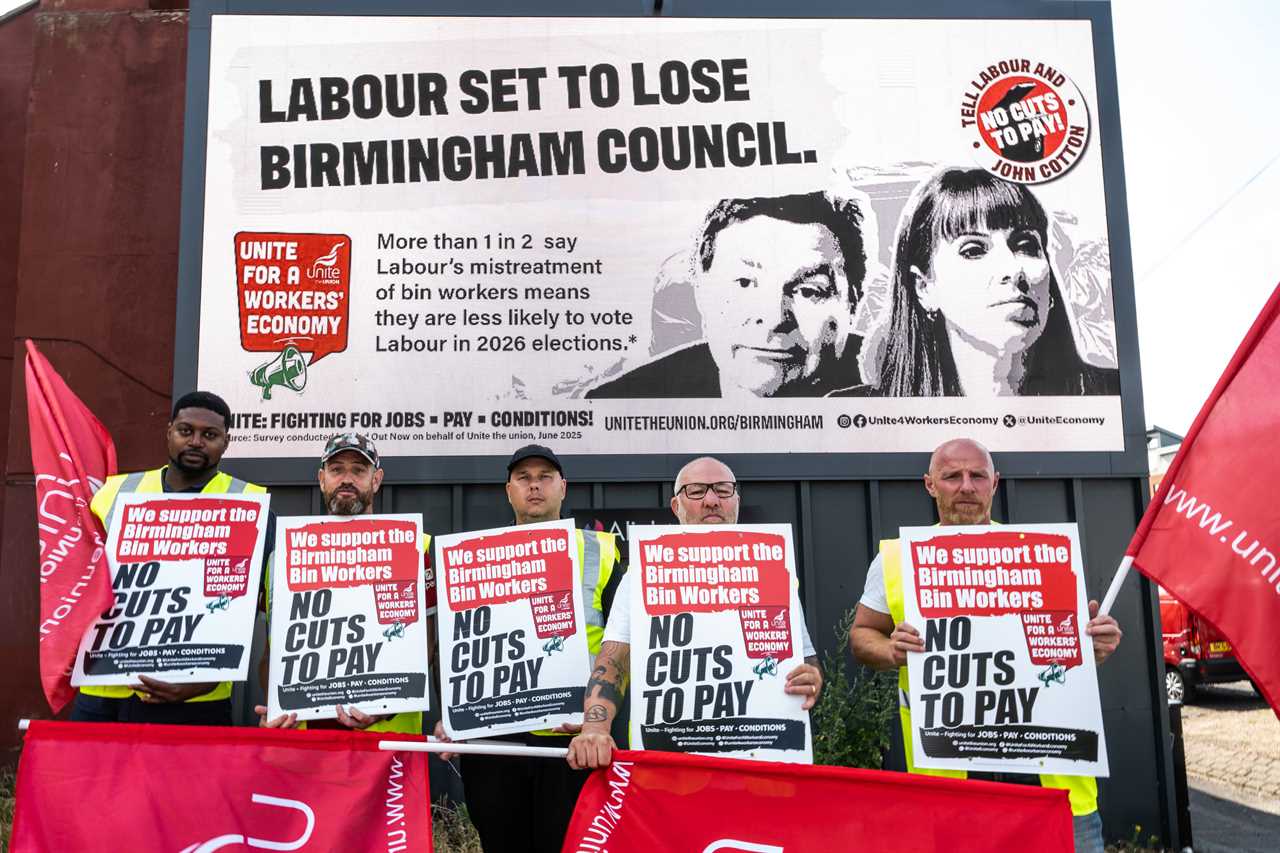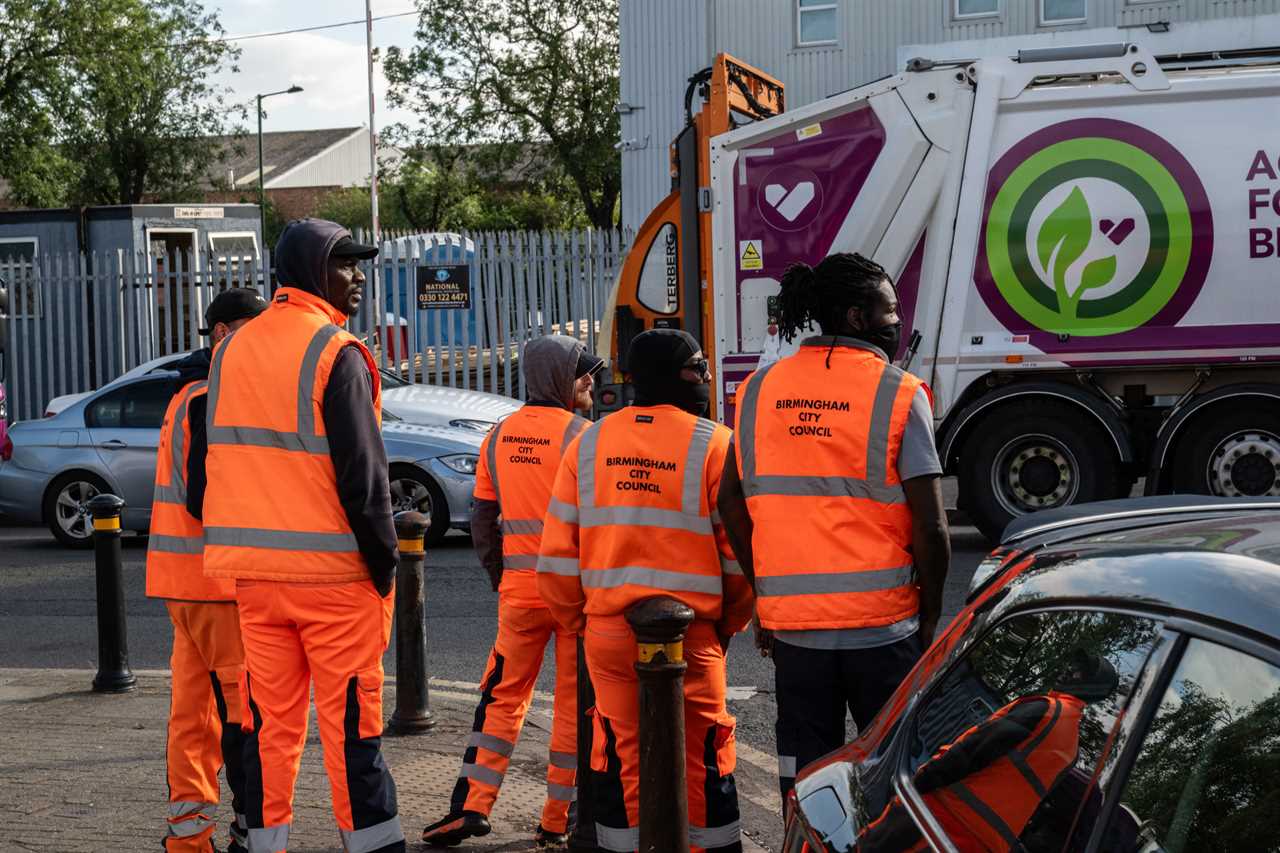
The recent suspension of Angela Rayner by Unite, one of Labour's key backers, threatens to disrupt the party's financial support, potentially costing millions in critical funding. The escalating conflict, stemming from Rayner's comments on striking bin workers in Birmingham, underscores deeper tensions over industrial disputes, welfare policies, and social welfare cuts.
The Union's Ultimatum
Unite's decision to reconsider its alliance with Labour following the suspension of Rayner, a prominent figure within the party, poses a significant challenge to Labour's financial stability. With millions of pounds at stake, the rift exposes a broader struggle within the party over its stance on key labour issues and social welfare programmes.
The Bin Strike Controversy
Rayner's critique of the Birmingham bin strike and her calls for a resolution have ignited a fierce debate within the party. The strike, marked by mounting refuse piles and public health concerns, has become a focal point for larger discussions on worker rights, welfare provisions, and the Labour Party's commitment to social justice.
Union Solidarity and Political Allegiances
Unite's stance reflects a growing trend of unions holding political parties accountable for their labour policies. The union's assertion that it will stand up against unfair employment practices, regardless of party affiliations, signals a shifting dynamic in the traditional relationship between trade unions and political organisations.

Rayner's Response and Labour's Position
Amid the escalating tensions, Rayner's resignation from Unite and her commitment to championing workers' rights underscore a deeper ideological clash within Labour. The party's insistence on upholding principles of equality and fair labour practices, even in the face of internal disagreements, highlights the complexities of navigating political and union relationships.
In conclusion, the suspension of Angela Rayner and the subsequent threat to Labour's funding from Unite expose underlying tensions within the party regarding its stance on labour disputes and social welfare policies. As the conflict unfolds, the delicate balance between political allegiances and grassroots solidarity remains a central challenge for Labour, reflecting broader debates on social justice and worker rights.






